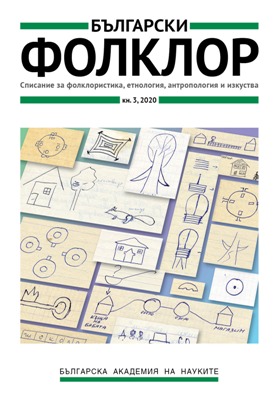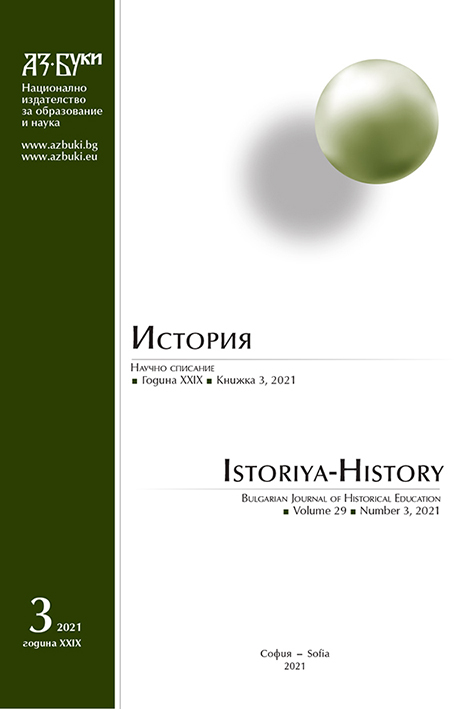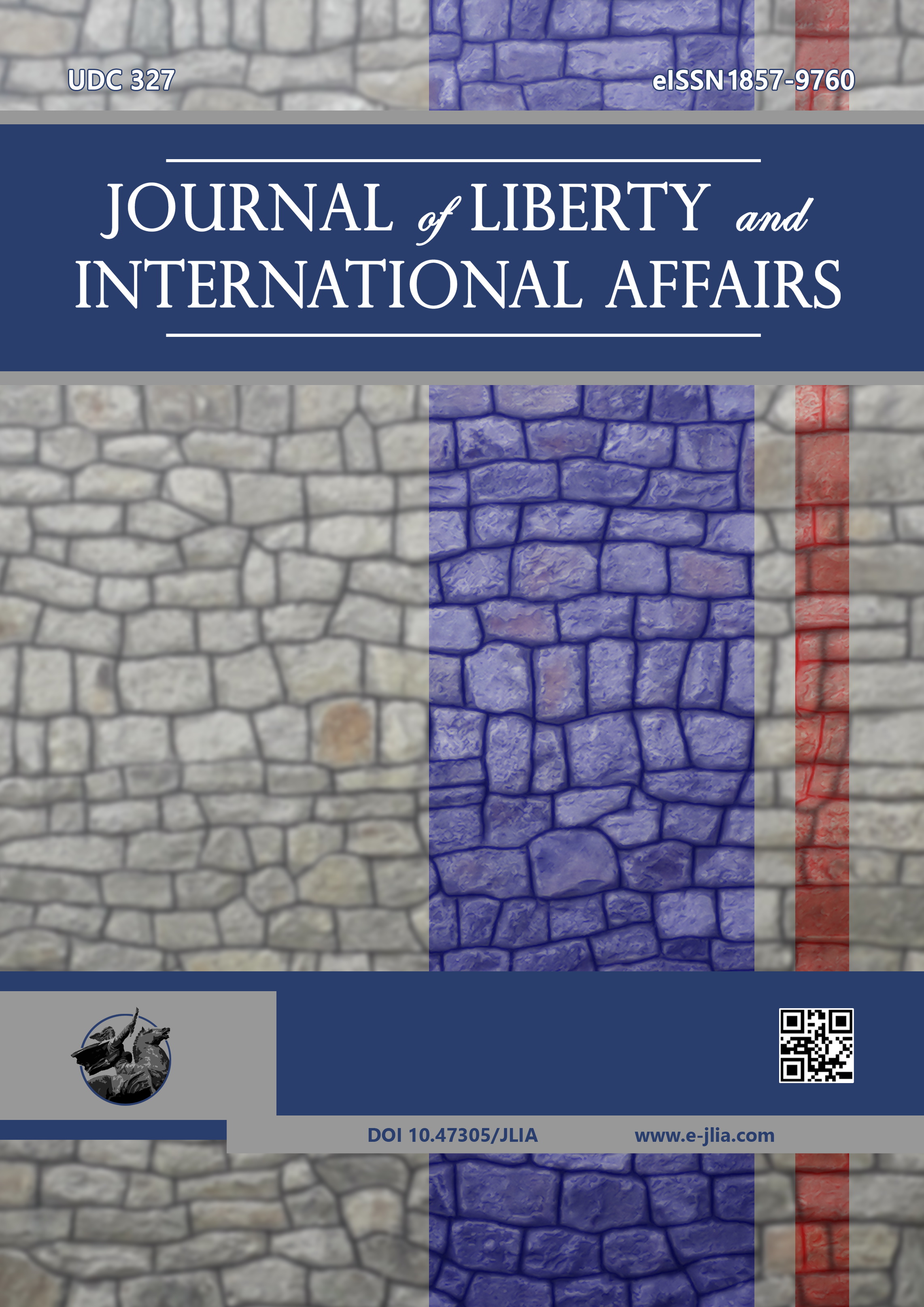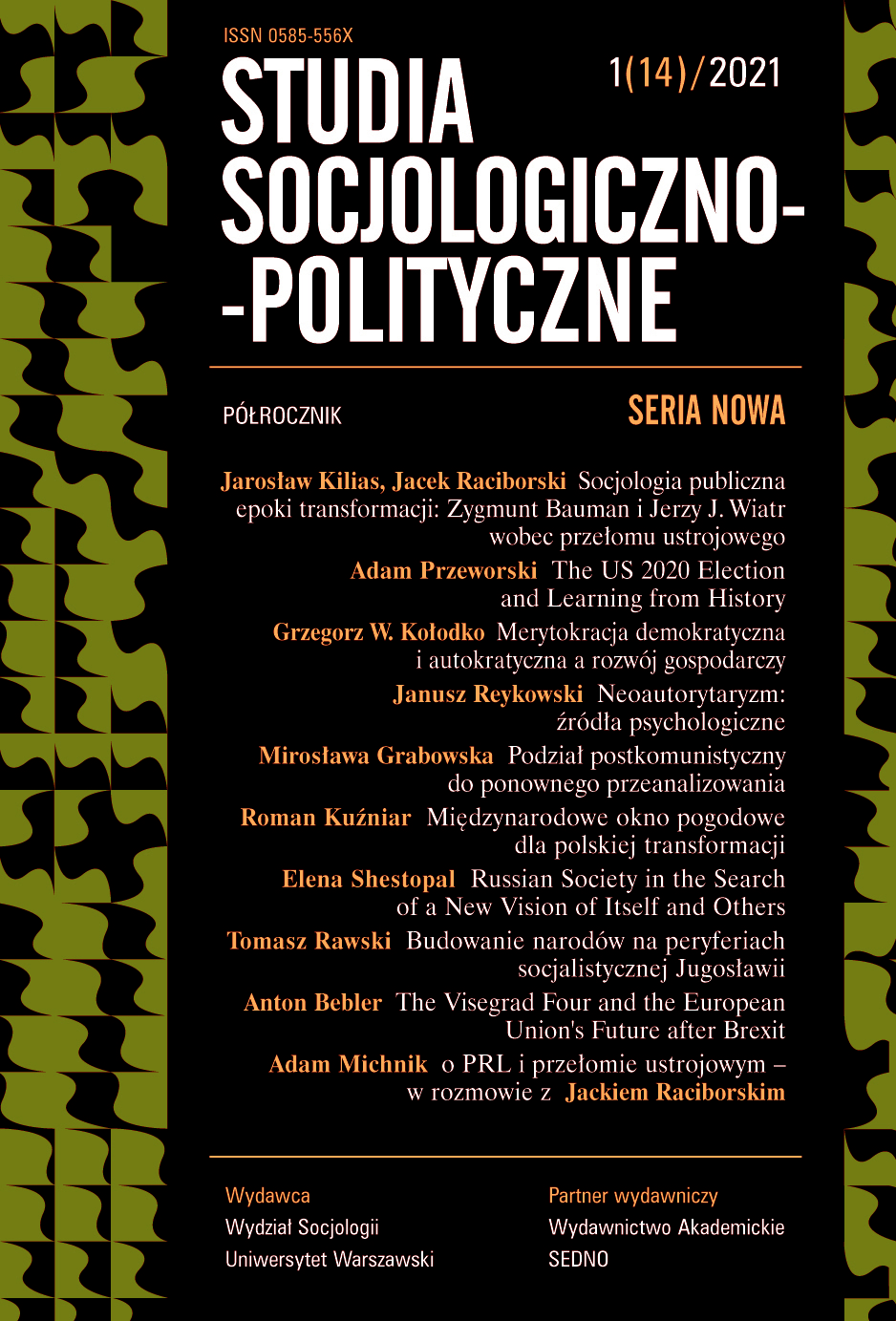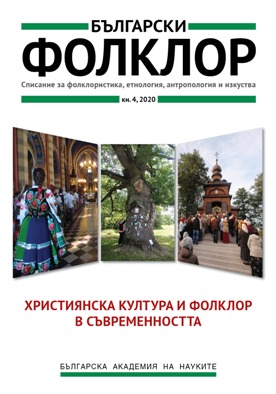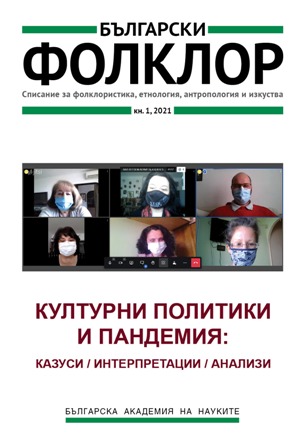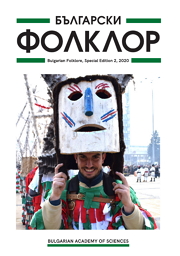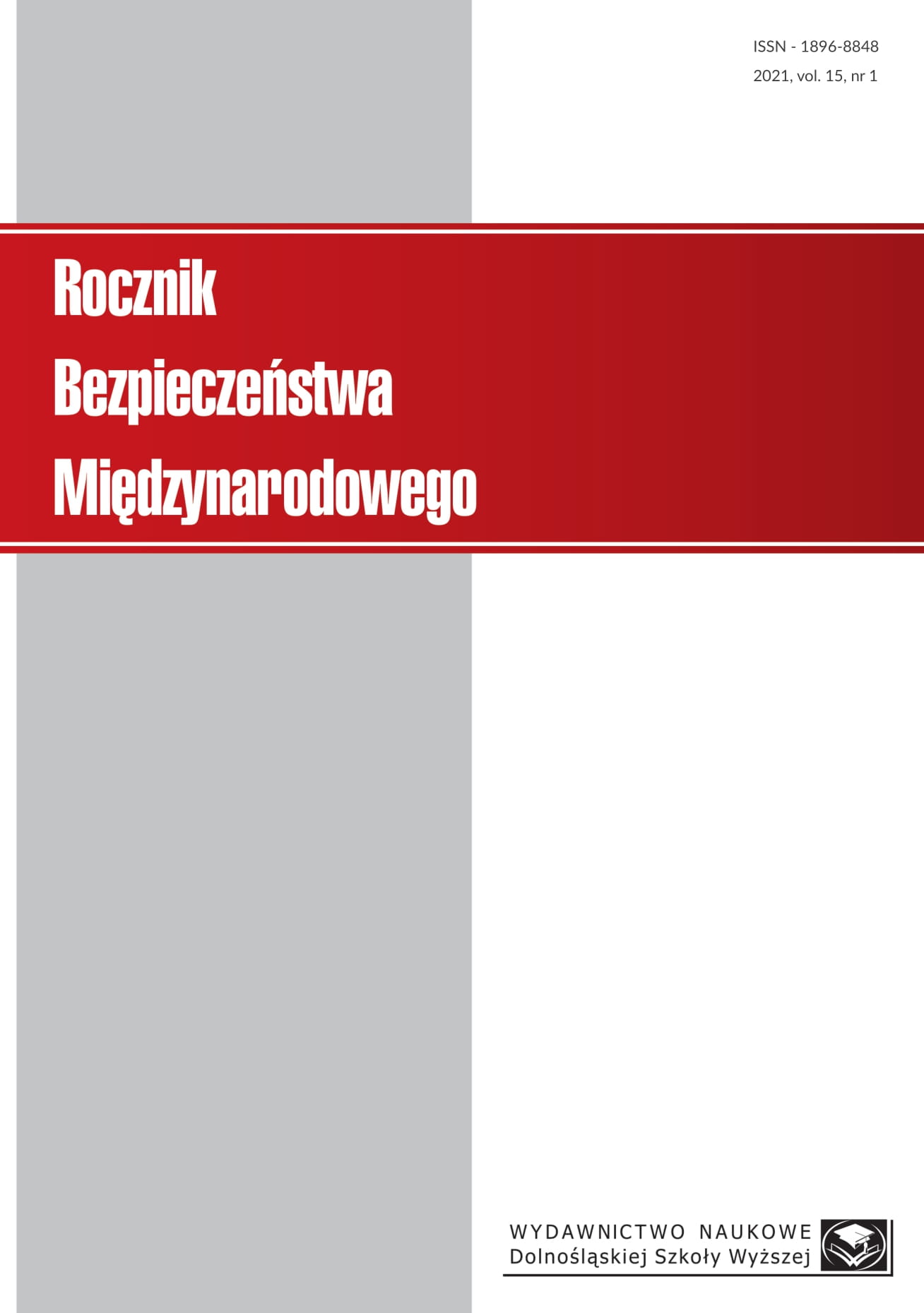Author(s): Ekaterine Lomia / Language(s): English
Issue: 3/2021
Since the beginning of the 2000s, China has embarked on an unprecedented path of economic development, as evidence of which is the largest economic project of the XXI century initiated by the People's Republic of China. The global Belt and Road Initiative announced by the first person of the country, Xi Jinping, is a shortened name of the ‘Silk Road Economic Belt’ and ‘XXI Century Maritime Silk Road’. It covers the Asia-Pacific, Europe, Central Asia, Southeast Asia, West Asia, and Africa and involves more than a hundred countries, international organizations, and leading economic actors. The main participants in the project are China, Mongolia, Russia, Azerbaijan, Belarus, Poland, Germany, the Netherlands, Kazakhstan, Kyrgyzstan, Pakistan, Bangladesh, Iran, and India. The article reviews the role of the Chinese project in a global context. The paper focuses on the role and purpose of Georgia in the Belt and Road Initiative. This study will try to reveal the results for the benefit of Georgia, which is one of the participating countries, and the role of China through research to be made from documents and academic studies on the subject. Georgia tries to conduct its relations with China, as a partner in the project, with a policy of balance without disturbing its relations with the West.
More...
